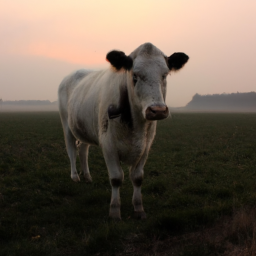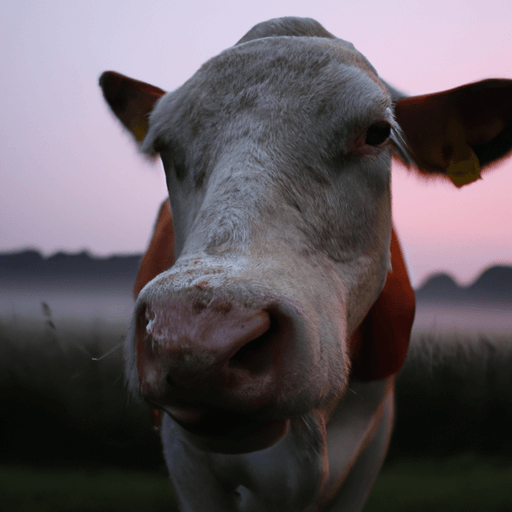540
Newsletter
Subscribe to our newsletter for exclusive content, latest news and trends, and exciting new features.
Tranding
Categories
EntertainmentHome and gardenTravel and tourism
Sports and fitnessPets and animalsEnvironment and sustainabilityHealth and wellnessLifestyleBusiness and entrepreneurshipEducation and learningArts and cultureScience and natureBeauty and personal careLiterature and writingMusic and EntertainmentGaming and esportsFood and cookingTechnology


















Comments
Leave a Comment